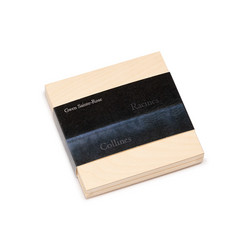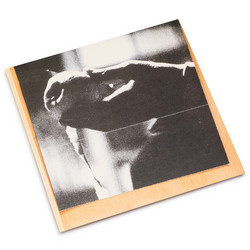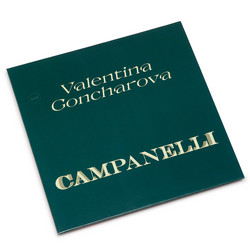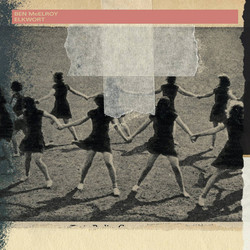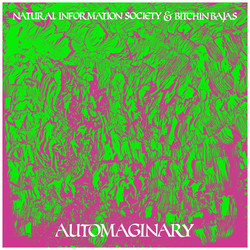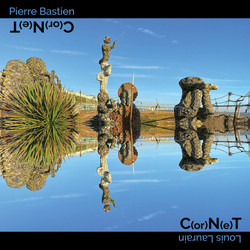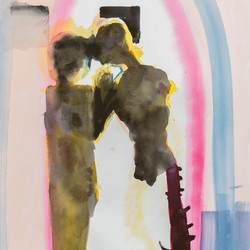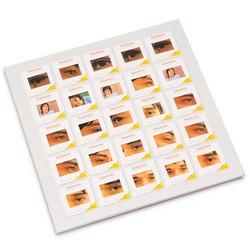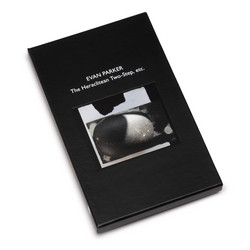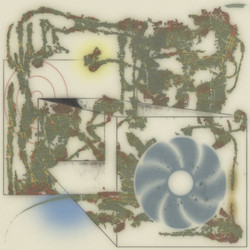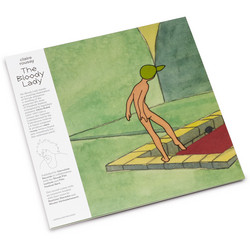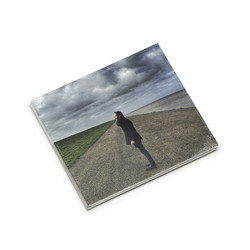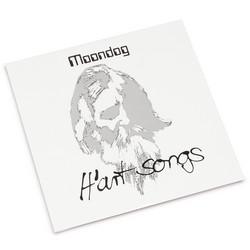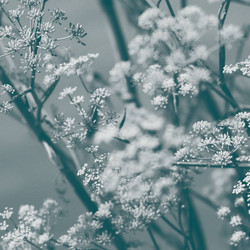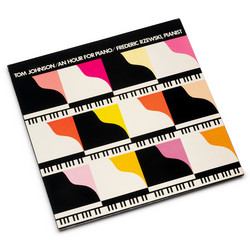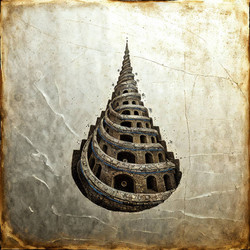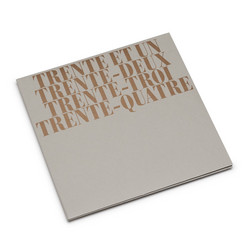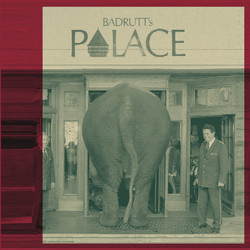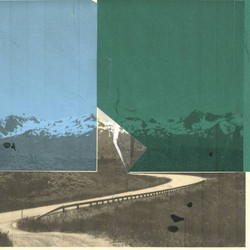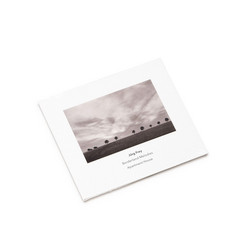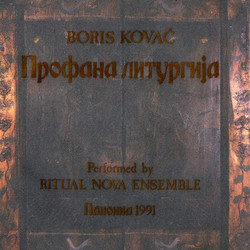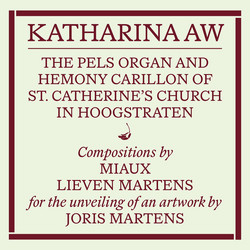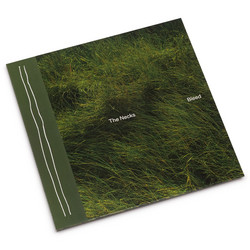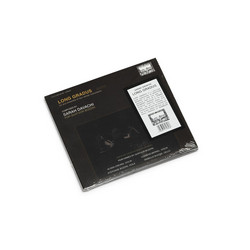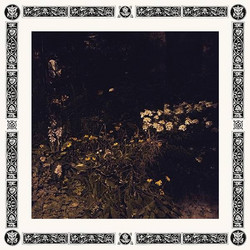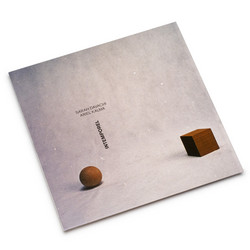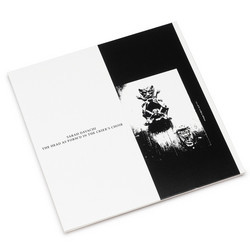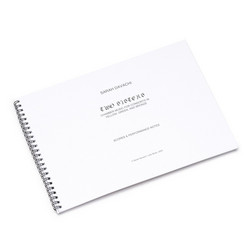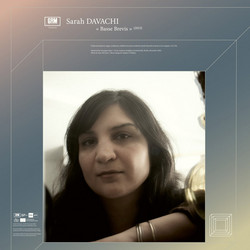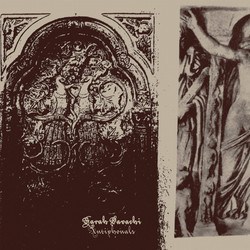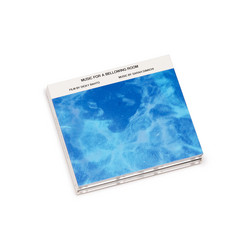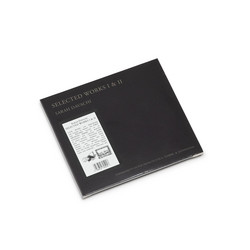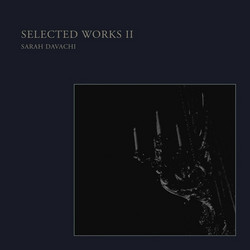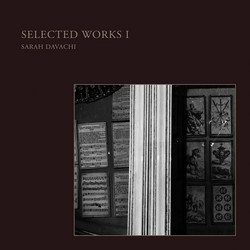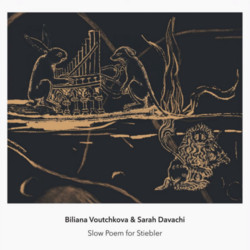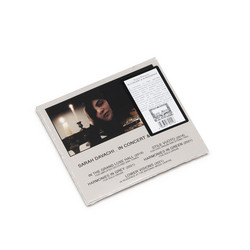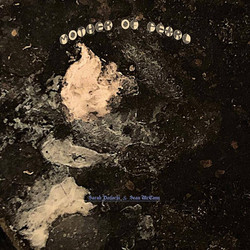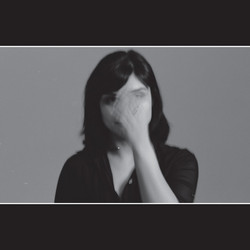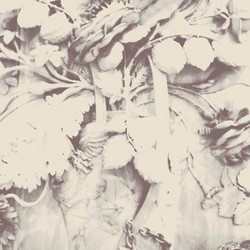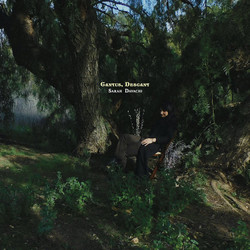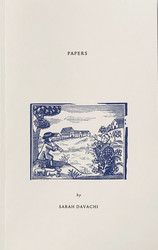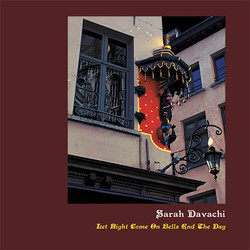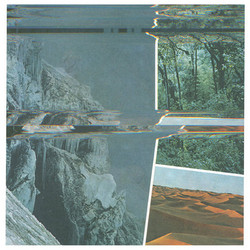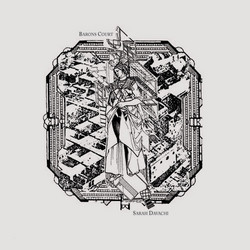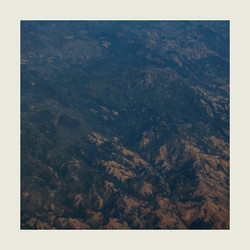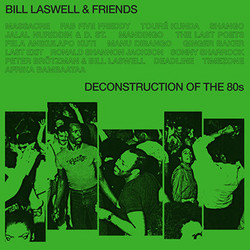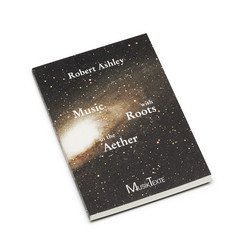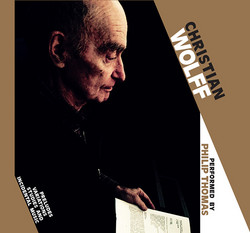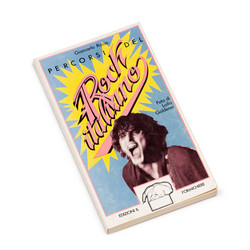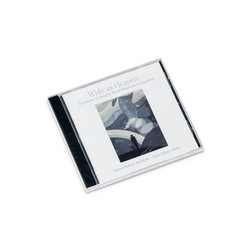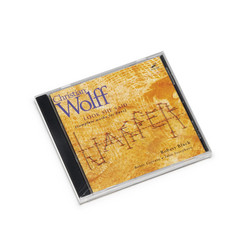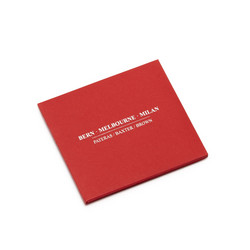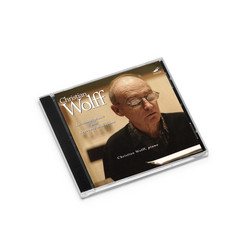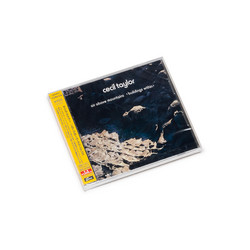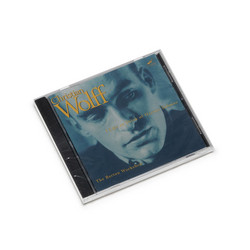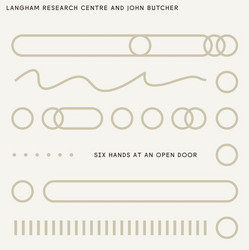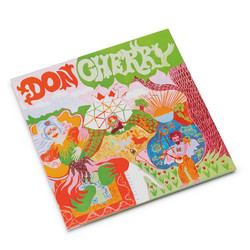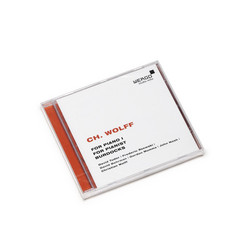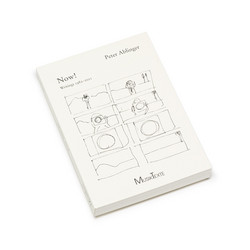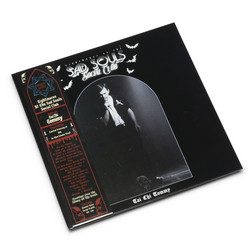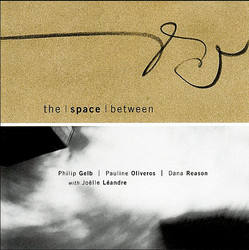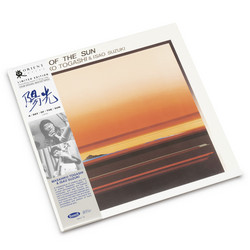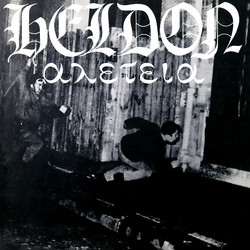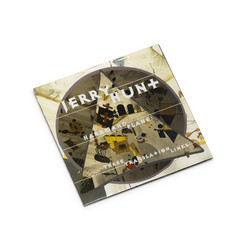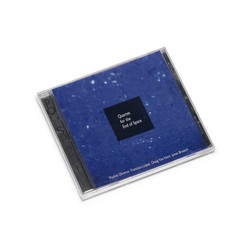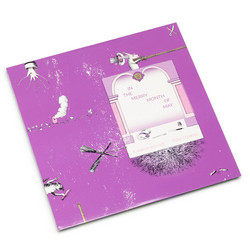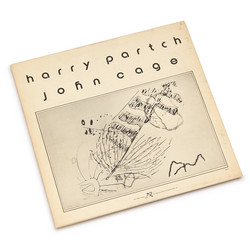This boxset compiles some of the inter-related releases that Sarah Davachi’s Late Music label put out in 2020 of her own solo work. Including the first album featuring her own vocals (Cantus, Descant), the two disc live set (Figures In Open Air) and an extended EP of sketches for these releases. Cantus, Descant largely consists of droning organs which slowly morph over the course of several minutes. Occasionally these drones etherise into something unsettling - the ‘Passing Bell’ interlude being the most obvious example - but by and large this is a positive-sounding record. Sometimes Davachi’s tones are curious, sometimes uplifting, sometimes almost joyous, but whatever mode she’s operating in the general mood of Cantus, Descant is one of upbeat drift.
One notable evolution of Davachi’s sound here is the use of vocals, an element which hadn’t previously featured in her music. ‘Play The Ghost’, for instance, is an inviting number which plays Davachi’s gentle singing and techniques influence by Black Sabbath’s Planet Caravan against woozy organs and languid, cascading melodies. It’s a dreamworld delight, one with an ethereal feel that means it wouldn’t sound out of place in a David Lynch film. Davachi is a very productive artist who has released several albums of keyboard music over the past few years. However, Cantus, Descant is a generous offering even by the standards that Davachi has previously set - this album runs to seventeen tracks and well over an hour in length. Figures In Open Air is described by Davachi as a ‘complement of sorts’ to her 2020 studio LP Cantus, Descant.
As such, it’s no surprise that different versions of several tracks from that album can be heard here - an instrumental take on Cantus, Descant highlight ‘Canyon Walls’, for instance, spins out the etherised dream-pop of the original into almost fifteen minutes of eerie FM drones and pensive woodwind harmonies. Laurus, an extended EP previously only available on cassette is a collection of demos and sketches for these sessions. Taped in the Summer of 2017, these pieces are, in Davachi’s own words, “a more raw and improvisational representation of the composition process [for Cantus, Descant] in its early stages”.
